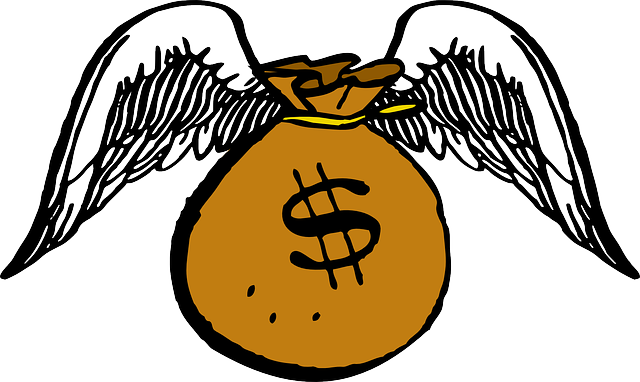Health, wealth and happiness. It may be a bit of a cliché, but it’s what we all ultimately desire. At the root of every dream in life is the desire for more of at least one of those three.
And while none of the three is any more important than the other two, having enough money certainly goes a long way to making health and happiness more likely in your life.
Wealth creation is an ongoing process and most of it usually comes from revenue generated, either from products or services sold or from returns on investments.
But there is another area where money can add to your bottom line, which is often overlooked. That other area is in the form of getting a refund on financial products which were mis-sold at the outset. One such product is payment protection insurance (PPI), which was mis-sold on an unprecedented scale in the UK over a couple of decades. And because the mis-selling of PPI went on over such a long period, many people understandably ask, is there a time limit on how far back I can claim PPI?
The Misconception About The Six Year Time Limit
It’s widely believed that there is a six year time limit on claiming back mis-sold PPI, but it’s not the full story.
What the six year limit refers to is how long your bank has to keep hold of the records that relate to the finance agreement that has (or had) PPI attached. All the time the policy is live, your bank obviously has to keep hold of your records.
They must keep those records for a further six years once the policy has ended — whether that’s because it naturally came to the end of the term or whether the policy was ended early. One such example would be PPI on a mortgage that ended early because you sold your house and didn’t buy another.
So if your loan, mortgage or other finance agreement ended within the last six years, claiming back your money should be relatively simple as your bank will still hold your records.
What If My Policy Ended More Than Six Years Ago?
In situations like this, you can still claim, although it might be a bit trickier to do.
The first thing to do is to contact the bank or lender who the PPI was taken out with, assuming you remember who it was. Contact them and ask for a copy of your paperwork. There’s no guarantee they’ll still have copies of the agreement due to the six year time limit just mentioned.
Once the six years have elapsed, different banks have different policies regarding what they do with the paperwork. Some discard the documents straight away while others keep hold of them for longer.
If your bank no longer has your paperwork, all is not lost.
Obtaining Your Records By Other Means
At this stage, things do get somewhat trickier, but still not impossible.
Under data protection laws in the UK, you are entitled to get access to your financial history. To do this, you can submit a SAR (Subject Access Request) to obtain your records. It will cost £10 to do, but the payoff could be significantly more than the small investment.
You will receive a response within 40 days of submitting the request. Once you have that information, you’ll be ready to begin the processing of claiming your money back.
One important thing to keep in mind is that you might have PPI that you aren’t even aware of. One of the ways in which PPI was routinely mis-sold was to add it on to the agreement without the customer’s knowledge.
As a result, hundreds-of-thousands of people have been shelling out for the product month after month without even realising it.
To be sure this hasn’t happened to you, it is also a good idea to run a credit check on yourself. There are many services available for doing this, two of which are Credit Expert by Experian or Noddle.
Simply sign up, follow the process for obtaining your credit report and then download it. Go through it carefully and make sure you haven’t been paying for PPI you didn’t even know you had.
If you have been, make a claim, get your money back and reinvest it in your future health, wealth and happiness!
